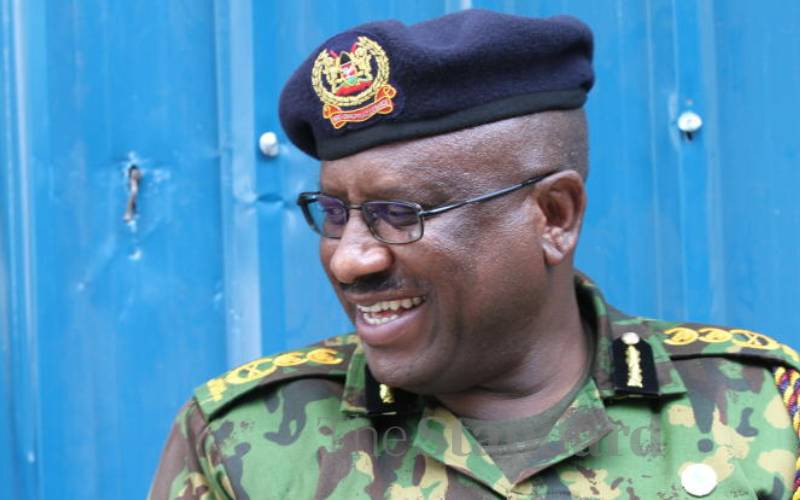×
The Standard e-Paper
Fearless, Trusted News

Policing standards are without a doubt a major contributor to the building of trust and confidence within the community.
Properly established and audited standards touch every piece of police practice. I am of the view that if the standards established by the Ministry are not adhered to, then the legitimacy of that police organisation is suspect.